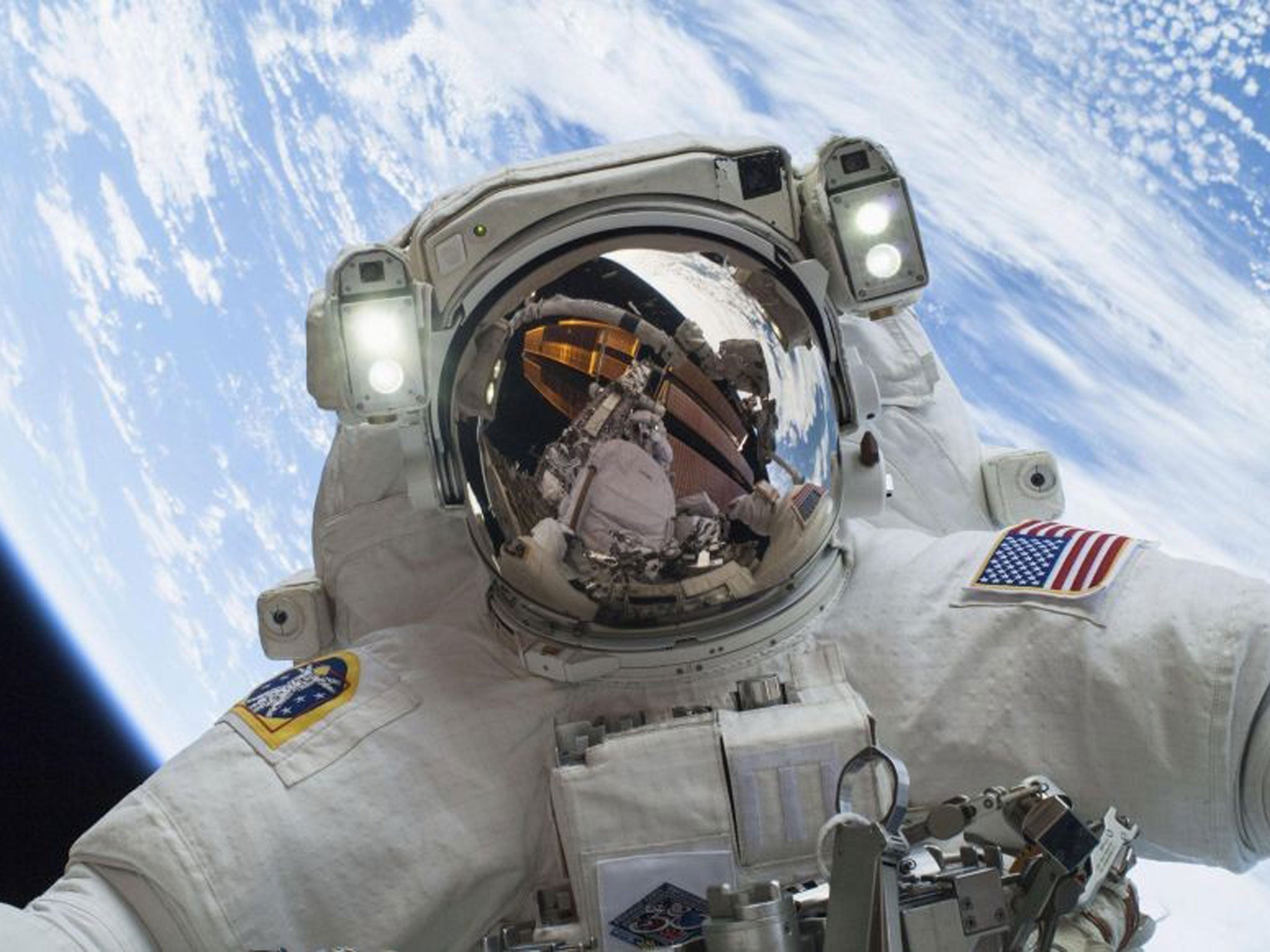Nasa reveals astronauts suffer from 'chronic sleep loss' and are over-dependent on sedatives
More than three-quarters of astronauts in the study used sleeping pills in more than half of the nights spent in space

A new report into the sleeping habits of astronauts has revealed that when it comes to getting some shut eye, even the peace and quiet of space doesn’t help.
Astronauts commonly suffer from sleep deprivation according to the 10-year study published in The Lancet, with crew members aboard the now-retired space shuttle sleeping for less than six hours a night on average while those crewing the International Space Station (ISS) managed just over six hours of kip.
This is far less than 8.5 hours of sleep that Nasa orders astronauts to get every night and less than the average of six and a half hours achieved by UK and US sleepers.
The study, which used a special wrist watch to study the sleeping habits of 85 different crew members between 2001 and 2011, also highlighted a worrying dependence on sleeping pills, with more than the three-quarters of astronauts using sedatives such as Ambien on more than half their nights in space.
“The ability for a crew member to optimally perform if awakened from sleep by an emergency alarm may be jeopardised by the use of sleep-promoting pharmaceuticals,” wrote lead author Laura Barger of Brigham and Women's Hospital at the Harvard Medical School.
The sleeping troubles didn’t just happen in space either. As well as studying 4,200 nights of sleep off-Earth, the study looked at 4,000 nights of sleep at home, finding that even during the astronaut’s three month pre-flight training period they averaged only 6.5 hours of sleep.
“Because chronic sleep loss leads to performance decrements, our findings emphasise the need for development of effective countermeasures to promote sleep," wrote the authors in the paper's abstract.
For astronauts on board the ISS there’s no such thing as a ‘natural’ sleeping pattern, with the station running on Coordinate Universal Time (the same as GMT) but with the sun rising and setting every 90 minutes.
Crew members bunk down in dedicated ‘sleep stations’ where they climb into sleeping bags tied to a wall. The lack of gravity means they don’t have to worry about a pillow to support their neck but the study suggested that extra measures (such as the exposure to specific wavelengths of light) might be necessary to ensure astronauts can say ‘Goodnight Earth’ and mean it.
Subscribe to Independent Premium to bookmark this article
Want to bookmark your favourite articles and stories to read or reference later? Start your Independent Premium subscription today.

Join our commenting forum
Join thought-provoking conversations, follow other Independent readers and see their replies